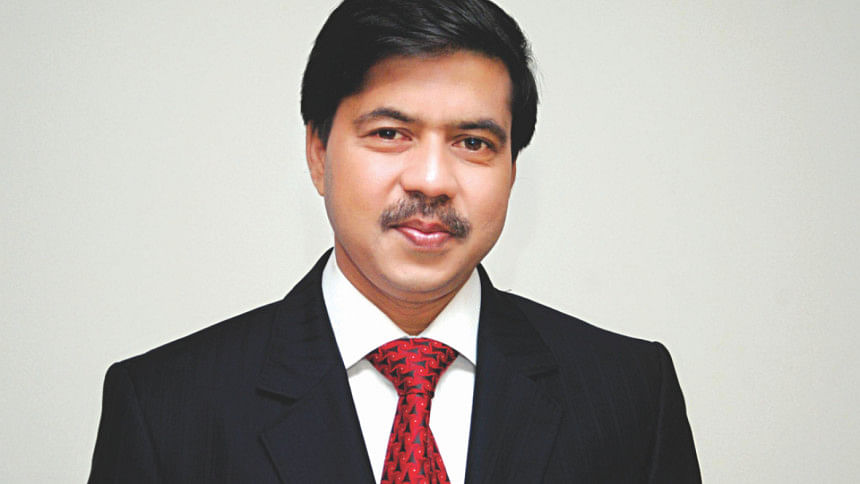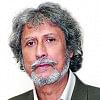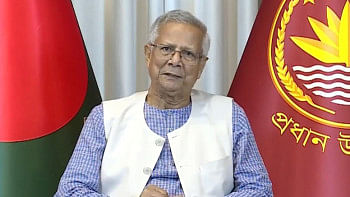Improving health indicators of Bangladesh

Recently Bangladesh has been invited to join the Advisory Board of Inter-Parliamentary Union (IPU) in Geneva which has an advisory committee consisting of 12 members from among the 163 different parliaments. Dr. Habibe Millat, MP (Sirajganj-2) has been elected as an Advisor (maternal, new born and child health).
Dr. Habibe Millat talked to Star Health (SH) about his joining IPU along with some other important issues like maternal and child mortality, child birth, child marriage, maternal mortality, birth and death registration. The excerpts of this conversation are produced below.
SH: As an IPU member what kind of works you envision to do in the field of maternal mortality, child marriage, child death, HIV etc.?
Dr. Millat: I have been working with IPU since my becoming a Member of Parliament in January 2014. When a team from the IPU came here for a meeting in September 2014, I had a close interaction with them and gave a few proposals on maternal mortality, child marriage, birth, death and marriage registration, HIV/AIDs etc. They felt interested and accepted those eagerly. Then the question was how we would proceed on these issues.
In our country child marriage is very high (no. 5 in the world and no.1 in Asia). Two-thirds of the girls (67%) get married at the age of 15-16, before reaching the legal age. So, in this regard I gave them some plans in October /November, 2014. They worked on this and accordingly gave another proposal for four months until November this year as a preliminary project which may be extended for the next 4 years. They also asked for the capacity building not only of the members of parliament but also civil society members and take it to the grass-roots level.
SH: What are the main obstacles in the way of reducing the high rate of child mortality?
Dr. Millat: A few things are involved in this regard. Some years ago, it was five hundred and seventy four (574) per hundred thousand live births. It has come down to 154 in 2011.Our Target is to achieve 143 within 2015. But we cannot achieve it within 2015.We may need another one or two years to achieve our target due to few barriers. But you know, we have very strong primary health care system.
Though maternal mortality is controlled, yet 58% home delivery is done without skilled care; 67% is getting some sort of support. Only 30% is getting complete healthcare facility. Normal delivery can happen at home. But in case of complicated pregnancy, mother and child may die which contributes to high mortality rate. But to improve this situation our government has taken some initiatives.
Honourable Prime Minister Sheikh Hasina promised in 2010 in the UN that we would train 3000 midwives. 500 midwives of the first batch will come out at the end of this year. So it is expected to help improve the situation but we need to train more staffs. Less than 5% of the Community Clinics have facility for conducting child delivery. If we can increase their capacity, we can reduce child and maternal mortality.

 For all latest news, follow The Daily Star's Google News channel.
For all latest news, follow The Daily Star's Google News channel. 



Comments